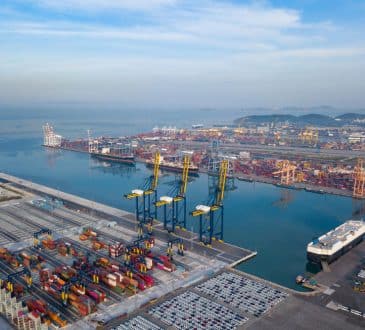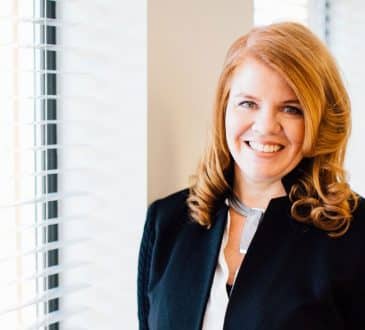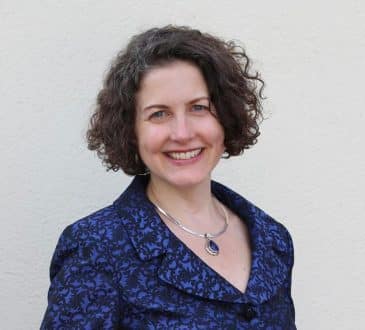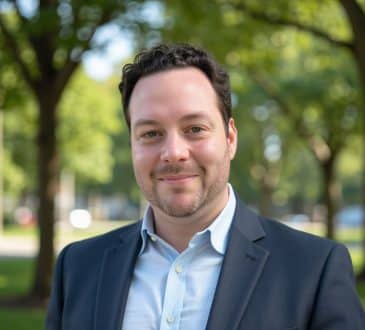Beyond the Buzzwords: The True Mission Behind Infra, DevOps, SRE, Cloud Engineering — and the Rise of AI
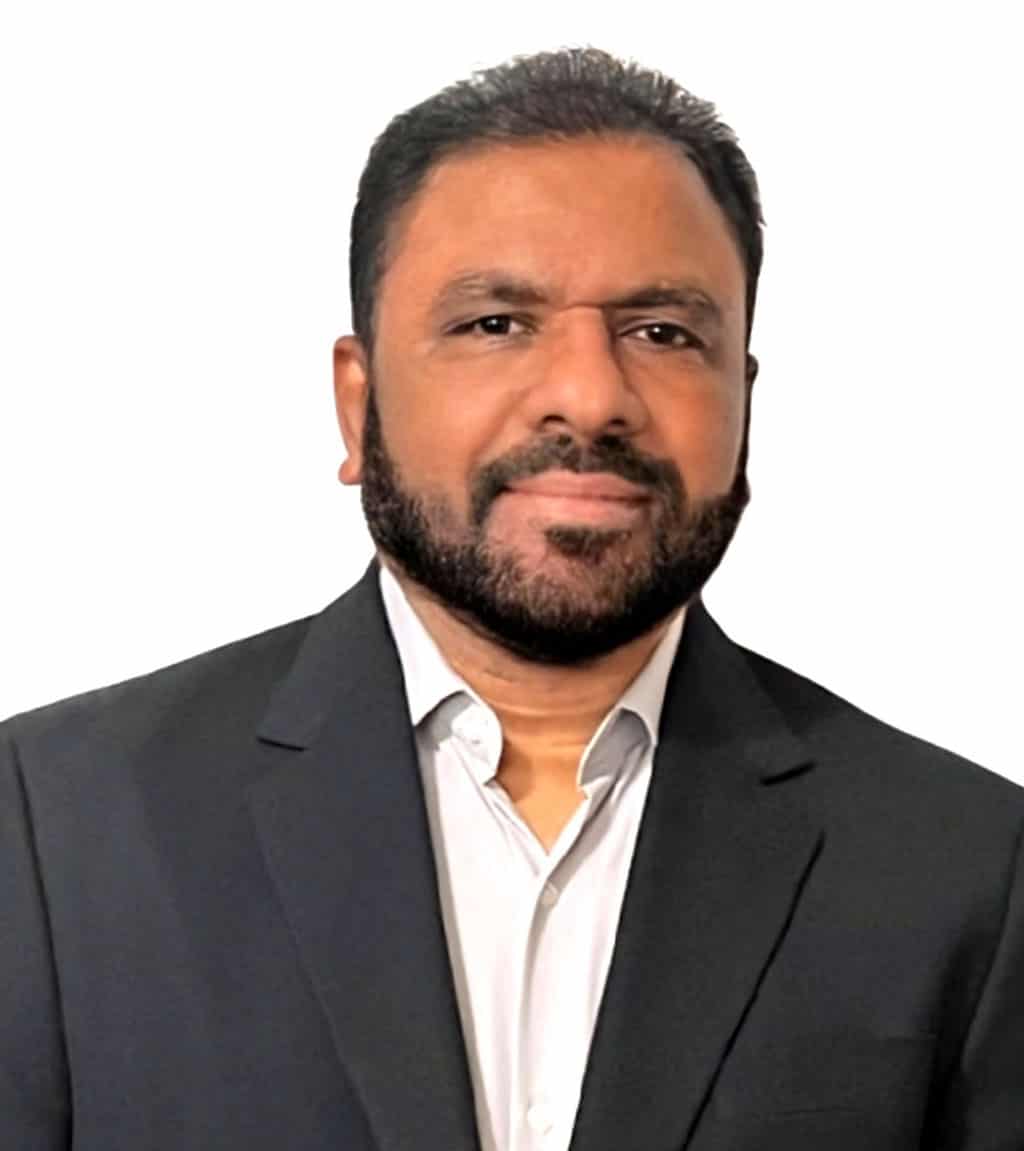
In today’s fast-evolving tech world, job titles often blur, buzzwords trend, and confusion grows. “DevOps”, “SRE”, “Cloud Engineering” — these terms are everywhere. Add AI into the mix, and it feels even more overwhelming.
But behind the hype, each role carries a unique mission. Understanding the real purpose of these disciplines — and how AI is reshaping them — is critical for building great teams, advancing your career, and staying ahead in technology’s next big wave.
Let’s go beyond the buzzwords. Let’s talk about the purpose, not just pipelines. Mindset, not just tools. Impact, not just implementation.
Infrastructure Engineering: Building the Digital Foundations
Traditional Role: Infrastructure Engineers have always been the builders of technology’s backbone. Think of servers, networks, storage systems, firewalls. Whether in a physical data center or in a virtualized cloud, Infra Engineers ensure everything is connected, secured, and available.
They provision servers, configure load balancers, manage IP networks, and maintain disaster recovery systems. Their mission? Enable the business to function by creating reliable, scalable, and secure IT environments.
Modern Shift: Today, Infra work is increasingly automated and abstracted through Infrastructure as Code (IaC). Tools like Terraform, Ansible, and Pulumi have replaced manual configuration. Public cloud has replaced racks of servers.
Enter AI: AI is taking Infra Engineering further by predicting infrastructure needs, auto-healing network issues, and optimizing resources dynamically. AI-driven observability platforms are replacing reactive monitoring with proactive, predictive analysis.
True Mission: Create resilient, scalable, and intelligent infrastructure that powers everything else — quietly and reliably.
DevOps Engineering: Accelerating the Flow of Innovation
Traditional Role: DevOps Engineers emerged to solve a deep problem: developers and operations teams working in silos, causing friction and slow deployments. DevOps is about collaboration, automation, and rapid delivery.
They build CI/CD pipelines, set up automated testing frameworks, manage configuration management systems, and champion a “you build it, you run it” culture.
Modern Shift: Today’s DevOps Engineers are platform builders. They create golden paths (internal developer platforms) that empower developers to ship faster and safer. They standardize environments, enforce security policies via code, and create self-service experiences.
Enter AI: AI is automating DevOps itself — “AIOps” is here. Machine learning algorithms detect anomalies in deployment patterns, predict failures before they occur, optimize testing paths, and even auto-generate parts of pipelines.
GitHub Copilot is just the beginning — imagine AI suggesting optimal CI/CD workflows or automatically configuring Kubernetes clusters based on observed best practices.
True Mission: Remove friction from software delivery. Build a fast, safe, and delightful path from code to customer.
Site Reliability Engineering (SRE): Defending Uptime and Customer Trust
Traditional Role: Born at Google, SREs apply software engineering principles to operations. Instead of chasing outages manually, they automate responses. Instead of guessing what’s important, they define and measure Service Level Indicators (SLIs), Objectives (SLOs), and Agreements (SLAs).
They build systems that fail gracefully. They obsess over latency, throughput, error rates, and availability.
Modern Shift: Today’s SREs are part engineer, part firefighter, part systems architect. They lead incident response practices (think PagerDuty rotations, postmortems), chaos engineering (resilience testing), and production readiness reviews.
Their remit has expanded: security, compliance, cost management, even green operations (carbon-efficient systems) are now part of reliability.
Enter AI: AI transforms SREs from reactive responders into proactive system guardians. AI models detect early signals of cascading failures, automatically prioritize alerts, recommend scaling decisions, and even suggest code-level fixes to reliability issues.
Incident management is becoming smarter: AI chatbots triage issues, summarizing logs, and guide responders though fixes — in real time.
True Mission: Protect user trust. Build reliable, resilient systems that can survive — and thrive — in chaos.
Cloud Engineering: Designing the Future, One Architecture at a Time
Traditional Role: Cloud Engineers architect, deploy, and manage solutions in cloud platforms like AWS, Azure, and GCP. They design highly available, scalable, and secure architectures using a palette of services: compute, storage, databases, networking, and beyond.
Cloud Engineers are often the bridge between business goals and technical implementation.
Modern Shift: It’s no longer about simply “lifting and shifting” to the cloud. Modern Cloud Engineers build cloud-native solutions using microservices, serverless architectures, edge computing, and multi-cloud strategies.
They must master not just technical patterns, but also financial patterns (FinOps) and security patterns (Zero Trust Architectures).
Enter AI: AI is now guiding architectural choices. AI-based design tools recommend optimized architecture based on workload patterns. AI predicts usage of spikes and auto-scales systems. Cloud providers offer AI services (like AWS SageMaker, Azure AI) that Cloud Engineers must integrate into their solutions.
Self-healing cloud systems, auto-optimization for cost and performance, and AI-powered security analytics are becoming the norm.
True Mission: Build cloud architecture that are not just scalable — but intelligent, self-optimizing, and future-proof.
The Common DNA: Mindsets Over Tools
It’s tempting to think of these roles as a collection of technologies: Terraform here, Kubernetes there, Jenkins somewhere else.
But the real differentiator isn’t tools. It’s mindset and mission.
| Role | Mindset | Mission |
| Infra Engineer | Architect | Build strong, silent foundations |
| DevOps Engineer | Enabler | Accelerate and simplify delivery |
| SRE | Defender | Guard reliability and user trust |
| Cloud Engineer | Designer | Shape the future with flexibility and intelligence |
Tools overlap. Missions do not.
How AI Is Redefining These Roles — Not Replacing Them
Will AI replace Infra, DevOps, SRE, and Cloud Engineers?
No. But it will change how we work:
- Less manual toil. AI will automate repetitive tasks like monitoring, deployments, and scaling.
- More strategic thinking. Engineers will spend more time on architecture, optimization, and innovation.
- New skills are needed. Understanding AI tools, prompt engineering, and ethical AI considerations will become part of every tech job.
The best engineers will not compete against AI. They will team up with AI to deliver faster, safer, and smarter solutions.
Future Skills That Matter More Than Ever
If you’re building your career in Infra, DevOps, SRE, or Cloud Engineering, here’s what will matter:
✅ Systems Thinking: See the big picture, not just isolated pieces.
✅ Software Skills: Automate everything. Write code that operates infrastructure.
✅ Observability Mindset: Monitor not just availability, but also user experience and business outcomes.
✅ Security-First Design: Build with Zero Trust from day one.
✅ AI Literacy: Understand how AI can amplify your work — and your impact.
✅ Collaboration and Communication: Explain complex systems simply to non-technical stakeholders.
In short: Be technical, be strategic, be human.
Final Thoughts: Beyond Buzzwords, Toward Purpose
It’s easy to get lost in titles, certifications, and toolchains.
But the best technologists — the ones who truly make an impact — see beyond the buzzwords.
They understand:
- Why infrastructure must be resilient.
- Why delivery must be fast yet safe.
- Why reliability must be protected at all costs.
- Why cloud architecture must be flexible, secure, and future-ready.
- Why AI isn’t a threat — but a partner in building better systems.
As we stand at the intersection of cloud, automation, and AI, the future belongs to those who combine deep technical skills with deep clarity of purpose.
Infra. DevOps. SRE. Cloud. AI.
Not separate silos.
But one ecosystem — building the next generation of technology, together.
Are you ready to move beyond the buzzwords — and into the future?
Written by Kumar Singirikonda.
Have you read?
The World’s Best Medical Schools.
The World’s Best Universities.
The World’s Best International High Schools.
The World’s Best Business Schools.
The World’s Best Fashion Schools.
The World’s Best Hospitality And Hotel Management Schools.
Bring the best of the CEOWORLD magazine's global journalism to audiences in the United States and around the world. - Add CEOWORLD magazine to your Google News feed.
Follow CEOWORLD magazine headlines on: Google News, LinkedIn, Twitter, and Facebook.
Copyright 2025 The CEOWORLD magazine. All rights reserved. This material (and any extract from it) must not be copied, redistributed or placed on any website, without CEOWORLD magazine' prior written consent. For media queries, please contact: info@ceoworld.biz





